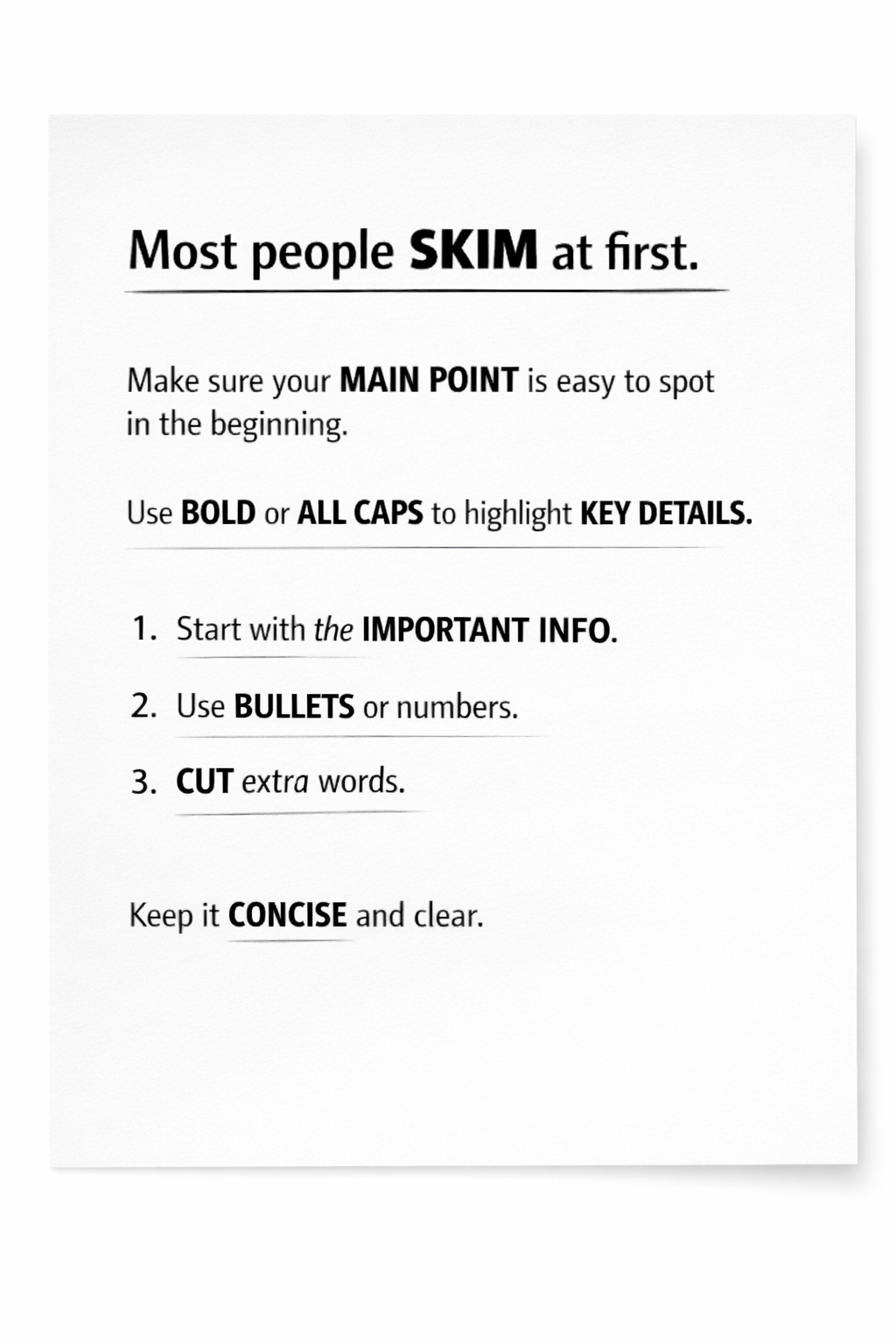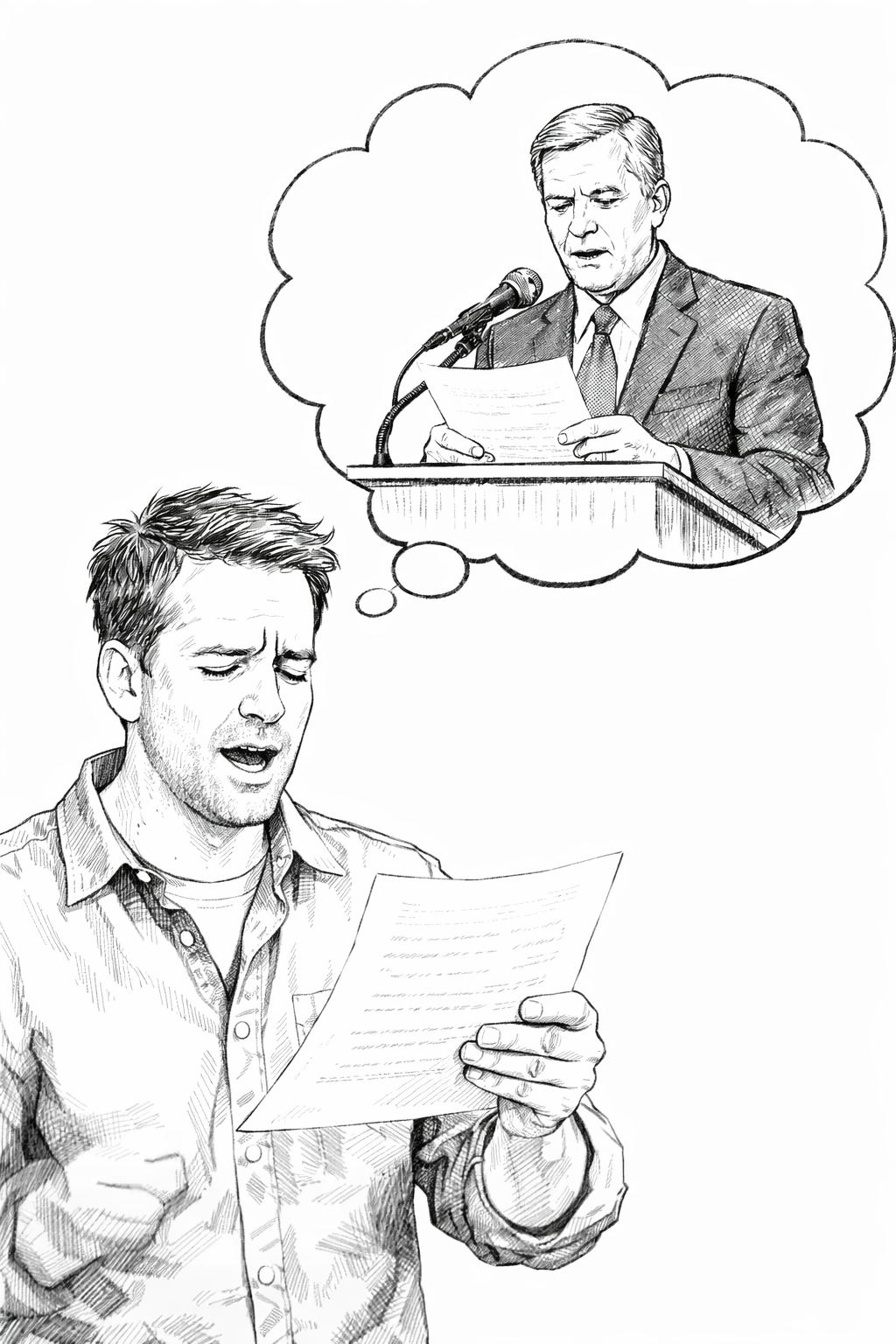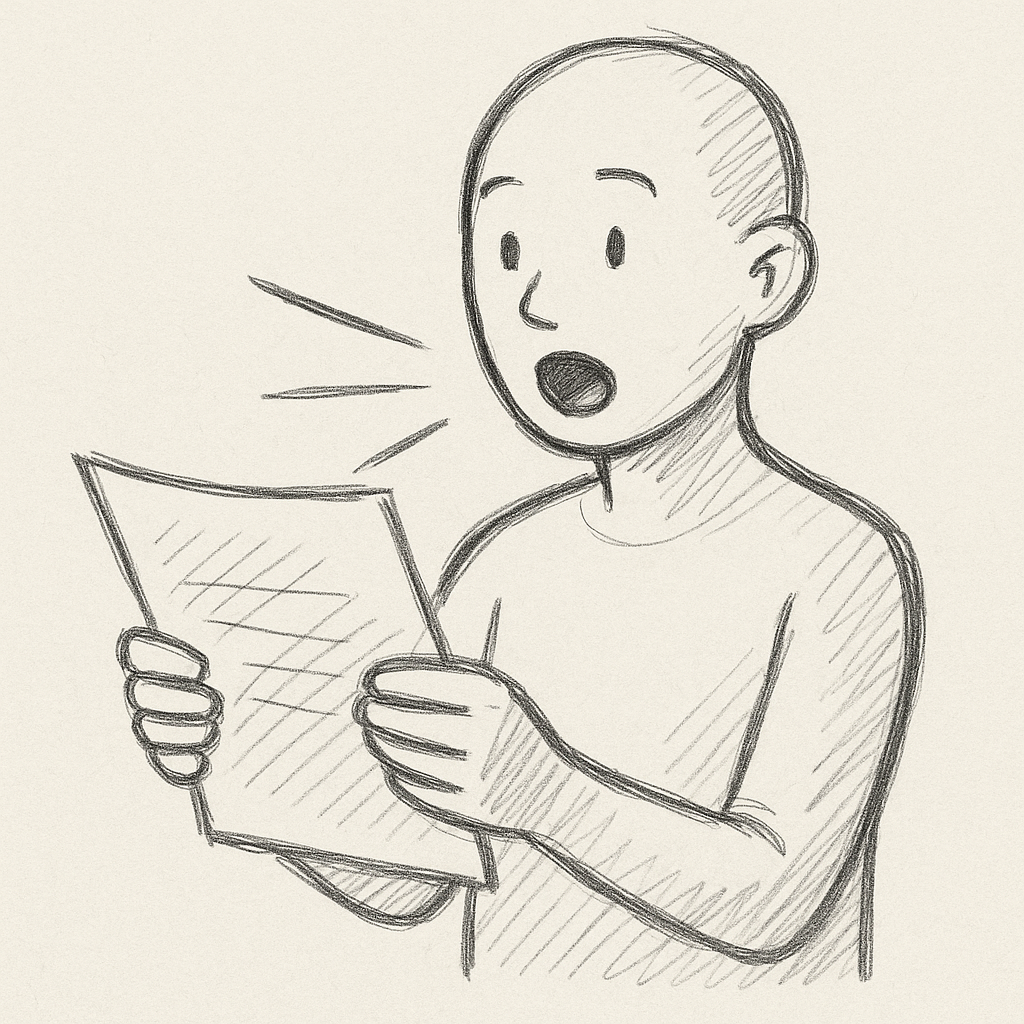Nib #80 Jimmy Carter’s Terrible, Horrible, No Good, Very Bad Speech
Forty-six years ago this week, Jimmy Carter gave the worst Oval Office speech in American history. “A Crisis of Confidence” — better known today as the “Malaise Speech” — is not only worse than older readers will remember. It’s worse than younger readers can probably imagine.
Most of speech’s problems were political: the message, the messenger, and the moment were catastrophically out of sync. And yet, somehow, the writing itself was almost as bad.
Remember the setting. It’s summer 1979. Stagflation, gas lines, another recession looming. President Carter, his approval rating now in the low 30s, had already given three major speeches about a seemingly intractable energy crisis. The fourth - scheduled for the evening of July 5 — Carter canceled at the last minute. Then he vanished. No, seriously. He left the White House for a 10-day emotional and spiritual retreat at Camp David, where he met with Important People about What Was Really Wrong With America.
On July 15, he returned to Washington to finally reveal his plan to revive the country. This is the first time Americans heard from their president since he disappeared in the middle of a crisis. Everyone is waiting with baited breath. And Carter opens his speech:
“Good evening. This is a special night for me.”
Say what?
“Exactly three years ago, on July 15, 1976, I accepted the nomination of my party to run for president of the United States.”
Carter talks about his convention speech, three years earlier. Then Carter talks about all the other speeches he’s given since! Then he talks about the speech he just canceled — and how great it was going to be! Then he talks about his Me Time with celebrities at Camp David:
“It has been an extraordinary ten days, and I want to share with you what I’ve heard.”
In the first seven paragraphs of his speech, Carter uses some version of the words I or me 21 times!
He spends the next three minutes quoting his Camp David guests. And what do you know, almost all of their thoughts aren’t about the energy crisis at all. They’re about… Jimmy Carter! Eight hundred words into a speech about a national economic crisis, the president has only talked about two subjects: himself and what other people say about him.
Finally Carter gets around to his big takeaway from all his deep conversations and soul-searing. He was right all along:
“These ten days confirmed my belief… but it also bore out some of my long-standing concerns…”
Eight of Carter’s next nine independent clauses feature the word I as the subject:
“I know… I've worked… I have… I have… I want… I want… I do… I do…”
This guy, huh?
After nine minutes exonerating himself from blame for the country’s problems, Carter hones in on the real culprit: the American people!
“The threat is nearly invisible in ordinary ways. It is a crisis of confidence. It is a crisis that strikes at the very heart and soul and spirit of our national will. We can see this crisis in the growing doubt about the meaning of our own lives and in the loss of a unity of purpose for our nation.”
The Nib can’t even. Note the threat Carter diagnoses is “invisible in ordinary ways” — that is, to people less perceptive than Carter.
He laments people’s doubts about “the meaning of their lives” and “loss of unity of purpose.” But he just spent nine minutes congratulating himself for his personal virtue and focus.
At this point it’s clear, the malaise speech is not even about malaise. It’s about how much better a person Jimmy Carter thought he was than the selfish, venal, mouth-breathing ingrates he was trying to lead!
No surprise, then, that when Carter finally gets around to the policy substance of the speech — the energy crisis — almost every solution he proposes involves giving President Carter more power. The one exception? Urging the 224,999,999 Americans who didn’t just helicopter up to the mountains on a whim for some Me Time to stop using so much energy!
Finally, if you had any doubt, yes: even Carter’s peroration is obnoxious!
“In closing, let me say this: I will do my best, but I will not do it alone.”
What the &$#@ is the matter with this guy? "I will not do it alone"? How vain, how arrogant, how out of touch did Carter have to be to not say, “… but I can not do it alone” there?
Vain, arrogant, and out-of-touch enough — after a half-hour, self-congratulatory harangue of his countrymen — to then say, three sentences before signing off:
“Whenever you have a chance, say something good about our country.”
The lesson this week is very simple. Read the Malaise Speech, and then never write like that.
Until next week… keep writing!











